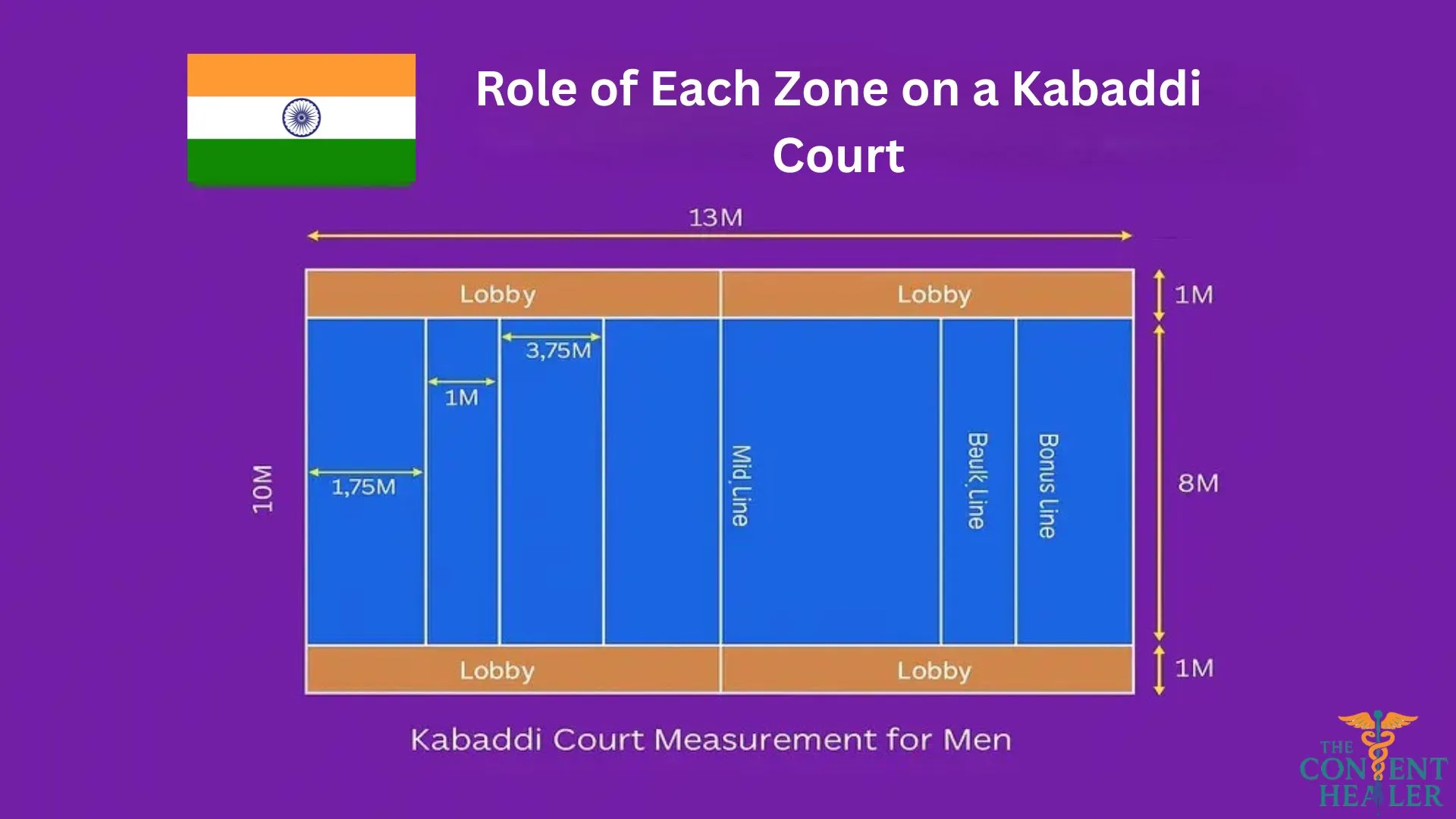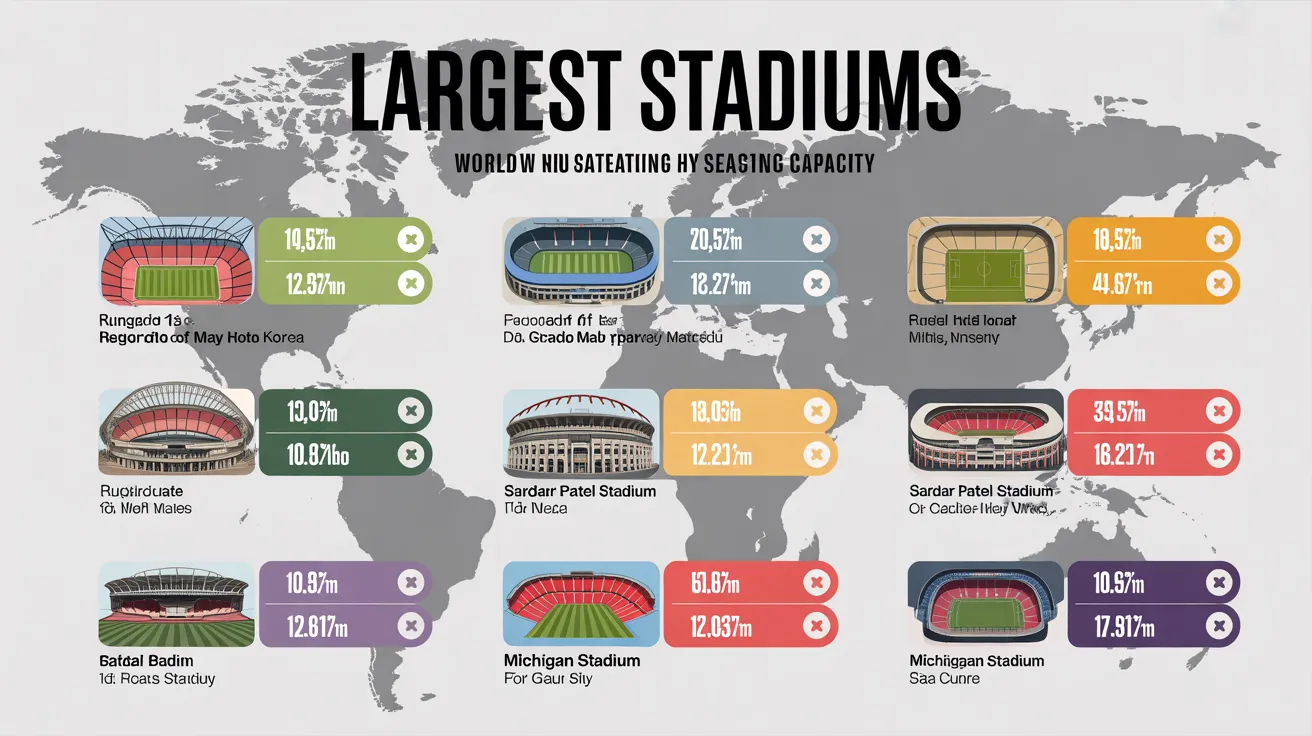In the past, a college degree was often considered the golden ticket to a stable, high-paying career. But times have changed. The rise of remote work and the explosion of the digital economy have rewritten the rules. In 2025, your skills, adaptability, and determination often matter more than a diploma on your wall.
Whether you’re a recent high school graduate, a career changer, or someone ready to break free from the 9-to-5 grind, there are countless high-paying remote jobs you can pursue without a college degree. This guide will show you how to leverage your talents and land the remote role of your dreams.
Why You Don’t Always Need a Degree to Earn Big
For decades, a college degree was the default credential that opened doors to better-paying jobs. But today’s employers increasingly value skills over degrees. According to a 2024 LinkedIn study, nearly 70% of hiring managers said they prioritize practical experience, portfolios, and certifications when evaluating candidates.
Several trends have contributed to this shift:
- Skill-Based Hiring: Employers focus on what you can do, not what you studied.
- Remote Work Adoption: Remote companies embrace diverse backgrounds and non-traditional talent.
- Access to Online Learning: Platforms like Coursera, Udemy, and LinkedIn Learning have made professional training affordable and accessible.
The takeaway? If you’re willing to learn and put in the work, you can build a lucrative career from anywhere—without a four-year degree.
Top High-Paying Remote Jobs You Can Get Without a Degree
Here are ten of the most promising high-paying remote roles for 2025 and beyond:
1. Freelance Writer or Content Creator
Average Pay: $40,000–$100,000/year
If you have a knack for storytelling, companies and publications will pay you to create blog posts, website copy, email newsletters, and eBooks. Niches like finance, health, and technology are especially lucrative.
2. Virtual Assistant
Average Pay: $35,000–$70,000/year
As a virtual assistant, you’ll manage calendars, emails, travel arrangements, and customer inquiries. Businesses—from solopreneurs to Fortune 500 companies—hire remote VAs to keep operations running smoothly.
3. Digital Marketer
Average Pay: $50,000–$120,000/year
Digital marketers help brands grow through SEO, social media, email marketing, and paid ads. Certifications and case studies carry more weight here than a degree.
4. Web Developer
Average Pay: $60,000–$150,000/year
Self-taught coders and bootcamp graduates can thrive as front-end, back-end, or full-stack developers. Demand for developers keeps rising as more businesses move online.
5. Sales Representative
Average Pay: $50,000–$110,000/year (with commissions)
If you enjoy building relationships and closing deals, remote sales roles offer uncapped earning potential. Many companies train promising candidates, no degree required.
6. Graphic Designer
Average Pay: $45,000–$90,000/year
Design logos, marketing materials, websites, and social media graphics. Your portfolio is more important than any formal credential.
7. SEO Specialist
Average Pay: $55,000–$120,000/year
Businesses invest heavily in search engine optimization to drive organic traffic. If you understand keywords, backlinks, and analytics, you can command high fees.
8. Customer Support Specialist
Average Pay: $35,000–$60,000/year
Help customers via email, chat, and phone. Many companies value empathy and communication over education.
9. Social Media Manager
Average Pay: $50,000–$95,000/year
Manage content calendars, engage followers, and grow brand awareness across social platforms.
10. Transcriptionist
Average Pay: $30,000–$70,000/year
Turn audio and video recordings into written documents. Legal and medical transcription niches pay the most.
Key Skills You Should Master to Succeed Remotely
To thrive in any of these roles, you’ll need a blend of hard and soft skills, including:
Time Management: Working independently requires discipline.
Communication: Clear writing and speaking are crucial.
Technical Proficiency: Familiarity with tools like Slack, Zoom, Asana, and CRM systems.
Problem-Solving: The ability to tackle challenges without constant supervision.
If you’re unsure where to start, consider online courses on platforms like:
- Coursera: Professional certificates and specializations.
- Udemy: Affordable skills training.
- LinkedIn Learning: Business and tech courses.
Best Platforms to Find Remote Jobs Without a Degree
Ready to start applying? Here are the top websites and marketplaces to land remote gigs:
- Upwork: The largest freelancing platform, ideal for writers, designers, marketers, and developers.
- Fiverr: Great for smaller projects and building your reputation.
- Remote.co: Curated listings for remote companies.
- FlexJobs: Vetted remote and flexible jobs (membership fee required).
- We Work Remotely: Popular for tech, marketing, and customer support roles.
- Indeed: Filter for “remote” jobs and “no degree required.”
Tip: Create a polished profile that highlights your skills, experience, and portfolio.
Certifications That Can Boost Your Remote Career (Without College)
A degree isn’t essential, but certifications can add credibility and help you stand out:
Google Career Certificates – Data Analytics, Project Management, IT Support
HubSpot Academy – Content Marketing, Social Media, Sales
Coursera – Certificates from top universities (many are free or low-cost)
Udemy – Quick courses in design, coding, and marketing
LinkedIn Learning – Professional development across industries
Many of these can be completed in a few weeks, giving you a competitive edge.
Tips to Land a High-Paying Remote Job Without a Degree
Here are practical strategies to boost your chances of success:
Optimize Your Resume: Highlight achievements, skills, and certifications instead of formal education.
Build a Portfolio: Whether it’s writing samples, design work, or coding projects, show proof of your abilities.
Network Online: Join LinkedIn groups, Slack communities, and remote work forums.
Write a Strong Cover Letter: Emphasize your results and enthusiasm for remote work.
Apply Consistently: Treat your job search like a job itself—dedicate time each day to apply and follow up.
Real Success Stories
If you’re wondering whether this path truly works, here are inspiring examples:
Amanda: A former retail worker who taught herself SEO and now earns $80,000/year managing client campaigns.
Luis: Dropped out of college, learned web development on YouTube, and now builds websites for startups worldwide.
Priya: Started as a part-time virtual assistant and scaled to a six-figure agency with a fully remote team.
These success stories prove that dedication and skill-building can outperform traditional credentials.
Final Thoughts: Is a Degree Still Worth It in 2025?
While degrees remain valuable in certain fields—like medicine, law, or engineering—they are no longer the only gateway to professional success. The reality is:
Skills are the new currency.
Remote companies value results over resumes.
Learning is more accessible than ever.
If you’re willing to invest in yourself, the opportunities to earn well while working from anywhere have never been greater.
Ready to start your journey? Whether you’re pursuing freelance work, building an online business, or applying for remote roles, your skills and commitment can take you further than you ever imagined—no degree required.





